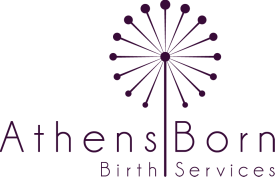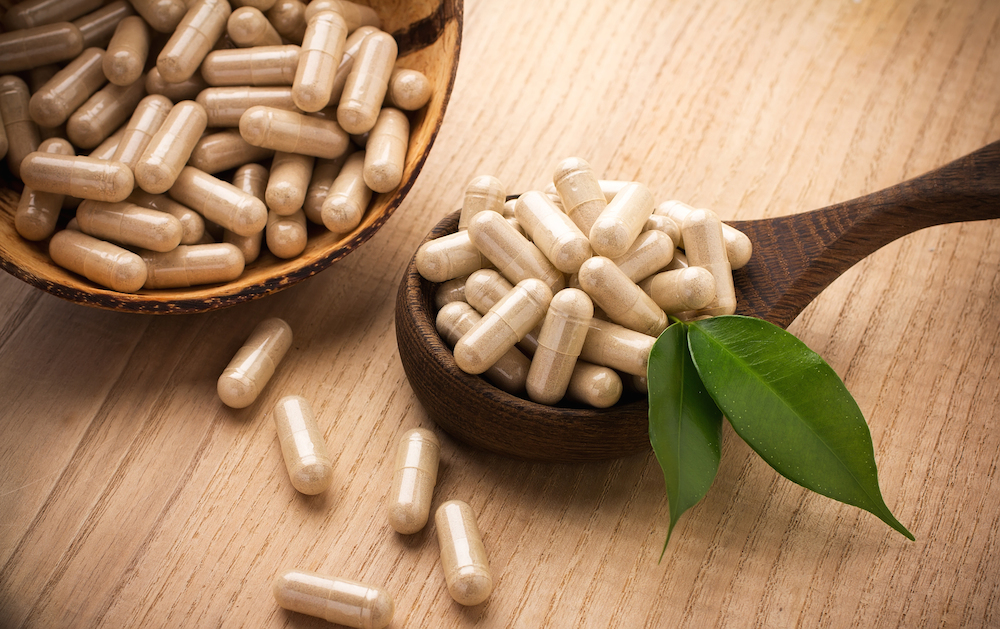At Athensborn, we’re currently offering a new service:
Placenta Encapsulation. AKA, “after my baby’s birth, I’m going to eat my placenta.”
Now, before you react like my dad did when I explained to him exactly what that meant (“But that’s cannibalism!”) please hear me out.
The placenta is an organ that is created during your pregnancy, and grows alongside your little one until birth. It attaches to the wall of the uterus and is responsible for providing baby all of his/her nutrients and oxygen. Placentas are thought to be full of hormones and nutrients that can contribute to postpartum healing, mood stabilization, healthy milk supply, and energy levels. Now, full disclosure: the bulk of the current evidence pointing to these benefits is anecdotal, meaning women who took placenta pills commonly report these things. There simply haven't been enough peer-reviewed studies done on these specific benefits, which means that there is not yet scientific backing for it. We encourage each of our clients to talk to their healthcare provider, talk to anyone they know who has experienced this, and read the research that is out there and decide for themselves if this is right for them.
There’s more great information about the placenta here, and you can also learn about the placenta services we offer. But before you do that, I’d like to share some of my personal thoughts about placentophagy (ingestion of the placenta).
The first thing I’d like to share is that I’ve never eaten my own placenta. I have no first-hand evidence of any of this, I can’t tell you what it tastes like, I can’t tell you how it made me feel. But I feel like that’s really not important, because my body is different from yours. My births were different than yours, and my postpartum experience was different than yours - every woman experiences each of these monumental life events in a unique way, and owns her own experience. No one can tell you with certainty how taking placenta pills is going to make you feel, nor should they.
The second thing I want to share is that before I began my research into placenta encapsulation and took my training course through IPPA (International Placenta and Postpartum Association) I was not interested in eating my placenta. It didn’t weird me out if someone else wanted to eat theirs, but I didn’t feel like I needed to eat mine. And that’s totally cool. No one should tell you that you have to eat your placenta. Again, this is an experience that each woman has to own and decide for herself.
My third and final thought to share is that if I have another baby, I’m absolutely going to encapsulate my placenta. I’m going to see if it keeps me from feeling like I’m losing my mind in my early postpartum days, because I know what that feels like and I’m willing to do almost anything to avoid it. I’m going to make myself a placenta tincture to see if it will do anything to alleviate the menstrual-related migraines I’ve gotten nearly every month for decades. I’m going to carry that tincture with me into menopause and see how it treats me as I enter that vulnerable and powerful time of my life.
Y’all, I don’t see myself as a hippie. I really don’t (please ignore the fact that I cloth diapered my babies and make my own soap and deodorant. Those were totally financial decisions. Oh, and I recycle anything with a triangle on it. And, I compost and plant a garden every spring. You know what, I’m ruining my “I’m not a hippie!” case, nevermind.) The point is, I’ve read the research. I’ve looked into it, I’ve explored the possibilities, I’ve learned about the process, and I’m on board with it.
Please, please know that I would never presume to tell anyone else what to do. Just as with all of our labor and postpartum clients, I will tell anyone interested in our placenta services what their options and choices are, and leave it up to them to decide. That’s how we operate here at AthensBorn. And I wouldn’t have it any other way!
Lots of love and a little bit of placenta dust,
Becca


 RSS Feed
RSS Feed

